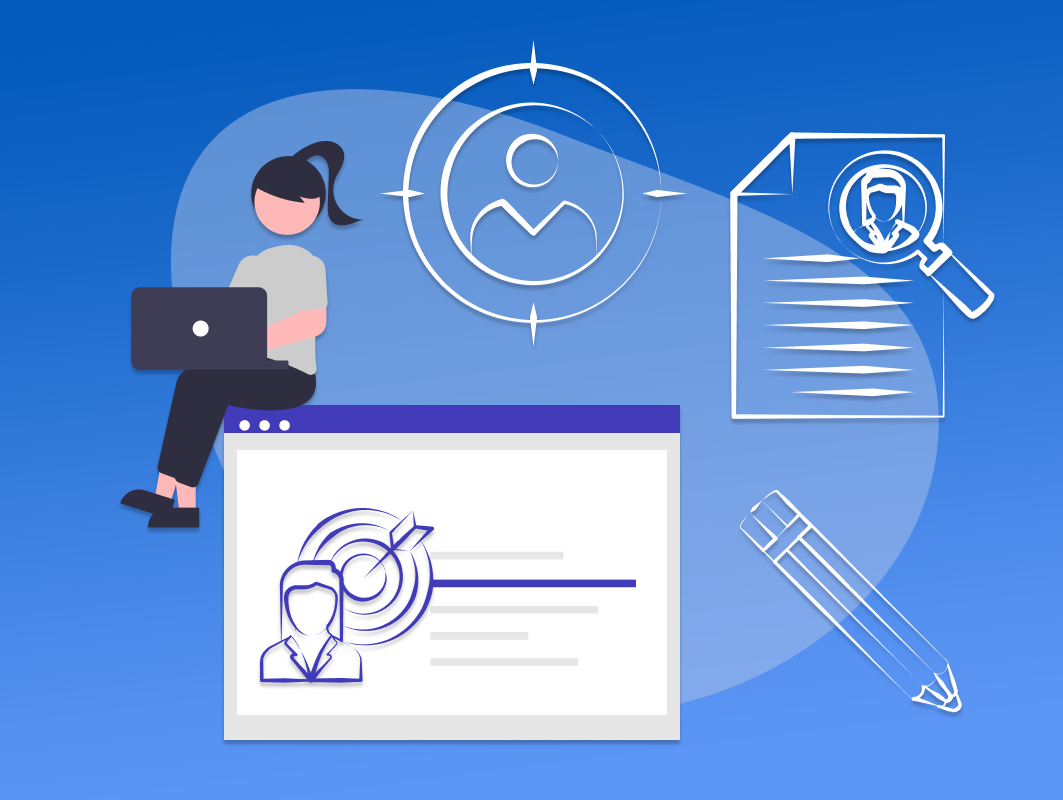How to Build a Personal Brand as a Consultant

There are so many blogs and articles about personal brands – personal brand examples, personal brands on social media, or tips for building a personal brand. However, I sometimes think they miss the mark completely.
Some have moved into the marketing arena. Others have underplayed the starting point of personal branding. In my mind, the most important is knowing who you are and what you want as a consultant.
In a later article, we’ll look at how to market your consulting business. But here, let’s first distinguish between marketing and branding and then give some personal branding tips.
Branding vs. Marketing – What’s the Difference?
Marketing is about sales. Tools and strategies used to connect with your customers is to persuade them to buy your goods or services. Branding, on the other hand, is about defining who you are. It Is about your mission and values and what makes you unique and distinct.
As you start defining your brand, it will be expressed in your logo, website, and social media . You will use it in your marketing campaigns – it is as much part of what you are selling as your consulting services. Think about Coca-Cola or Nike. They are immediately recognizable – and you are buying the brand as much as the drink or the shoes.
Where marketing drives sales, branding drives recognition and loyalty. It is a long-term, evolving strategy, while marketing campaigns come and go. Interestingly, if you have created an authentic brand, it will have as much impact on you and your team members as it has on your customers.
Here are some of the questions you will ask as you start to create a brand:
- Who am I as a brand?
- What are my core values?
- What do I want to bring to the marketplace?
- How am I going to communicate this to my target customers?
You will always be working on your brand. It will change as you gain more experience, develop relationships with key clients, and hone your niche skills. As your business grows and evolves, your brand will grow with it.
As an independent business consultant, you will need strategies for both branding and marketing, and the two are highly interdependent – but you need to start with branding.
In Search of Purpose
The starting point in creating a personal brand as consultants is to ask yourself why have you chosen to do what you do. You’re an independent consultant. Why?
We know the typical answers to that question: not having a boss, increased flexibility, better pay, doing the work you enjoy. But what are your reasons? What is it that drives and energizes you? What are you passionate about?
These questions are not easily answered.
McKinsey recently released a report on its study entitled “The Search for Purpose at Work.” The research looked at the alignment of employees’ individual purpose with organizational purpose, but I think it applies equally to independent or freelance consultants and their relationship with their businesses.
McKinsey defines purpose as the overarching sense of what matters in a person’s life. It is what gives direction, intention, and an understanding that what you are doing is making a contribution of some sort. They note that while 85% of their respondents felt they had a purpose, only 65% could articulate what it was. Significantly, 70% said that they defined their purpose through work. Millennials scored even higher, with many seeing their work as their life calling.
In my dealings with clients over the years, I have so often met apparently successful senior managers or executives who have struggled with guilt about feeling unfulfilled in their work. Their guilt arose from knowing that they were really good at what they did and were well paid for doing it, yet feeling somehow this was not enough. My observation has been that they had not adequately defined their purpose in life and how that fitted with their work identity.
They had also fallen into the trap of believing that their work should be what defined them. Therefore, their job (and, by extension, the organization) should give them a sense of meaning and passion – it should be their life calling, as demanded by millennials. I’m not surprised, then, when I see multiple research studies citing millennial dissatisfaction at work.
Personal Branding Tips for Consultant – How to be Authentic
For many people – and rightly so for them – the truth is that their job is just that: a job. Their “passion” is elsewhere. So, for example, your passion might be music, or art, or dog training! But you don’t expect your passion to pay the bills. Your job as an independent IT consultant does that.

I’ve proposed the following model to multiple clients and young people who are pressured at the age of 17 or 18 to “make the right career choice” based on their interests and passions. Really? Do we honestly believe that what interested us at 18 will be the same when we are 40 or 50?
Let’s consider a career as being a lifelong journey, made up of three parts, like the three points of a triangle:
- Family and leisure activities
- Vocation – what drives you and you are passionate about
- Job – where you earn an income.
The more aligned these three are, the better. But they don’t have to be. My passion has been helping others to help themselves, so my job as a consultant was a good fit. My challenge was not to get so involved in the job that I cut into family time. But perhaps your passion is art and music, and you are an IT consultant.? It might be that you have chosen to be a freelance consultant because it pays well enough and gives you sufficient time and flexibility to enjoy those interests and spend time with your family.
That doesn’t mean that your job is unimportant. On the contrary, it is critical for the success of the rest of your career. And, you will do it to the very best of your ability. You are more likely to feel satisfied and fulfilled by it, too, if you are clear about what it is delivering for your life.
Why this long discussion about purpose in an article about personal brand tips and personal brand examples for consultants? Well, because personal branding requires authenticity, and that starts with knowing yourself.
Building a Personal Brand for your Consulting Business
Once you have a clear idea of who you are, you can give attention to the “job” portion, defining what your business is. You will ask some of the following questions:
- Where should you focus to ensure that you stand out from the rest?
- How should you define the service you offer to attract the best clients?
- What do you want people to say and think about you?
- How do you communicate in a way that encapsulates both your talents and who you are?
At the end of the day, your reputation as a consultant will be driven by what makes you distinct. The following quote formed part of Tom Peters’ presentation when he did a worldwide tour to promote his book In Search of Excellence: “DISTINCT … OR EXTINCT! If there is nothing very special about your work, no matter how hard you apply yourself, you won’t get noticed and that increasingly means you won’t get paid much, either.”
Your distinctiveness may come from what you deliver – you may have skills in a particular niche or have tools or systems that are better than your competitors. It may also come from how you deliver. Some of the most successful independent consultants I know keep winning business because of their interpersonal skills and persuasiveness with people at all levels of the client’s organization.
The first step, then, is to determine your unique value proposition (UVP), based on what you know are your strengths and bolstered by what others have said about you. Share some of your expertise and highlight specific achievements that have come as a result of your strengths. Talk about your personality. Remember that not everyone must be sociable and outgoing - many people respond to those who are quiet and self-effacing. If your job is also your passion, talk about that. You want to build trust and credibility – and this comes from authenticity.
Branding Yourself and Your Business
If you are an independent consultant, you represent both yourself and your business. If you first understand them separately, you will be better placed to put them together into an authentic personal brand.
Once you honestly define your unique value proposition, it becomes much easier to market it. You can work out strategies for displaying your personal brand on social media, have a logo for your personal brand, and have a consistent message about what you do and who you are.
But, most importantly, an authentic personal brand will influence your own behavior and choices as a consultant. It will become the guiding light in your interactions with clients and how you feel about yourself at work.



